Resin Manufacturing Process | JCT Machinery
 Nov 14,2023
Nov 14,2023

 JCT
JCT
Resin manufacturing processes may vary depending on the type of resin produced, as there are many types of resins with different properties and applications. However, a general overview of the resin manufacturing process involves a few common steps.
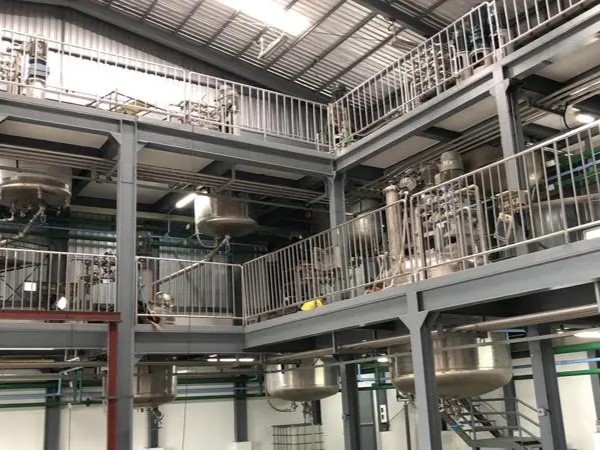
1. Raw Material Preparation:
The process begins with the selection and preparation of raw materials. The choice of raw materials dependends on the type of resin being produced. Common raw materials include petrochemical derivatives, natural gases, and plant-based sources.
2. Polymerization or Synthesis:
It involves combining the raw materials under specific temperature, pressure, and chemical conditions to create polymer chains. This step is often catalyzed by the use of catalysts or initiators.
3. Distillation and Purification:
After polymerization, the mixture may contain impurities or unreacted monomers. Distillation and purification process are employed to separate the desired resin from these impurities.
4. Cooling and Forming:
The purified resin is then cooled to solidify or form it into the desired shape.
5. Cutting and Packaging:
The formed resin is cut or shaped into the final product specifications. It is then packaged for distribution. The packaging process may involve additional quality control checks to ensure the resin meets the required standards.
6. Quality Control and Testing:
Throughout the manufacturing process, quality control and testing are crucial.
Resin Production Line Equipment:
1. Reactor
Reactors are vessels where the polymerization or synthesis of resin takes place. They can be batch reactors or continuous reactors depending on the manufacturing process.
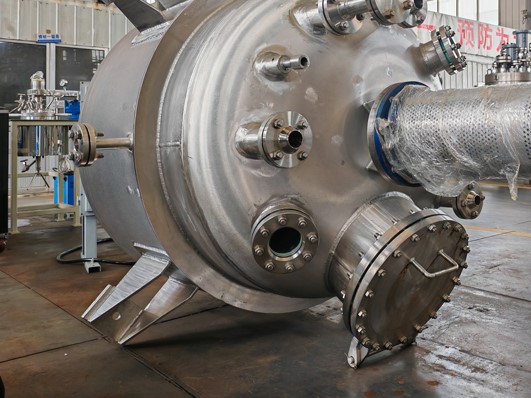
2. Extruders or Molding Machines
Extruders and molding machines are used to shape the resin into its final form. This can include extrusion for making sheets or profiles, injection molding for creating intricate shapes, or other molding techniques depending on the resin type.
3. Mixers and Agitators
Mixers and agitators are used in the mixing and blending of raw materials during the resin synthesis process. They ensure uniform distribution of components.
It's important to note that the resin manufacturing process can vary significantly depending on the specific type of resin, such as epoxy resin, polyester resin, polyethylene, polypropylene, etc. Each resin type has its own set of production requirements and may undergo additional or modified steps in the manufacturing process.


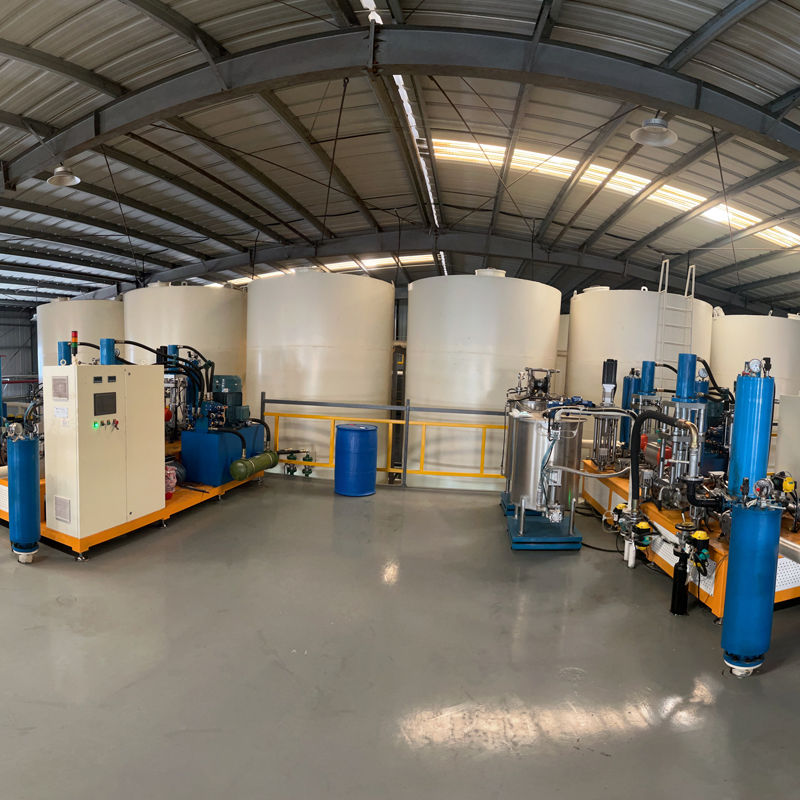
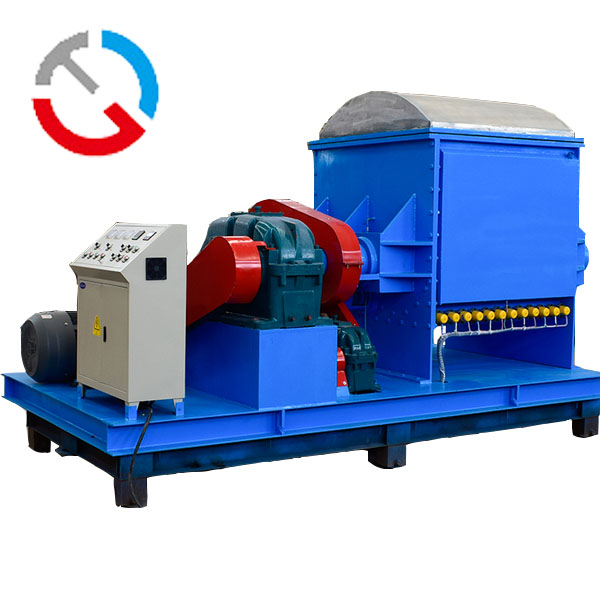
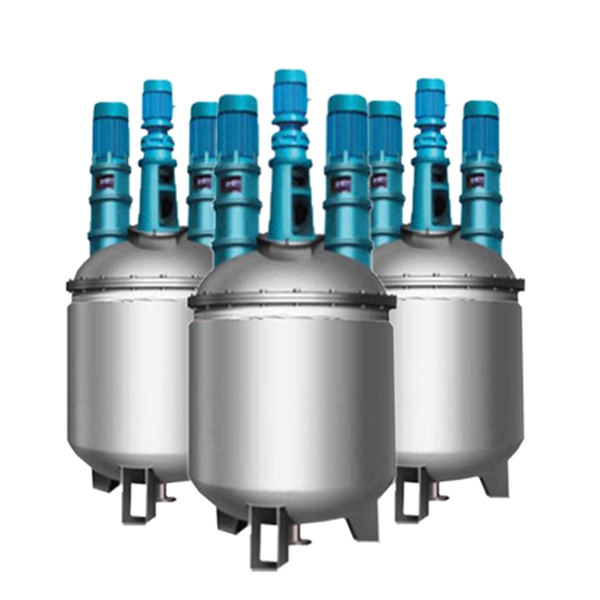
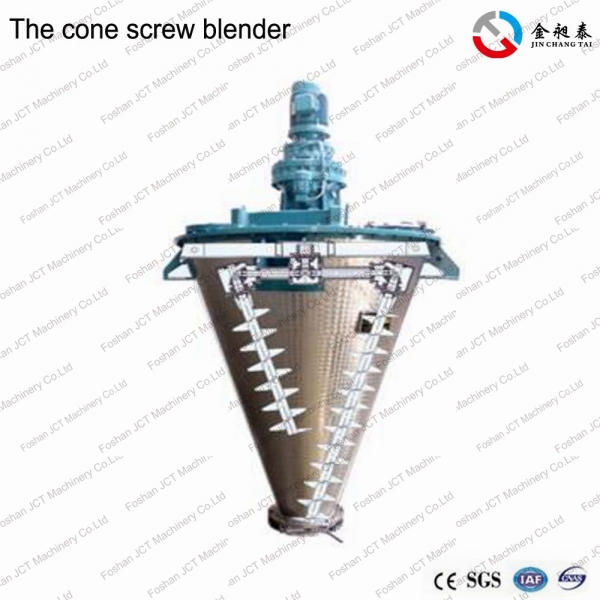
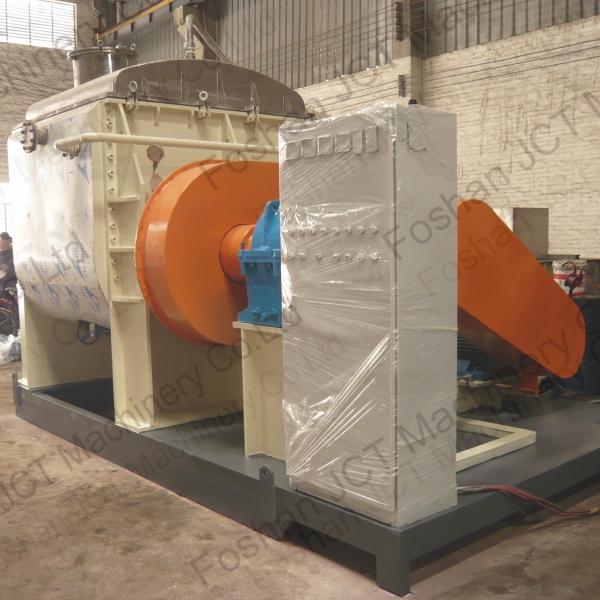
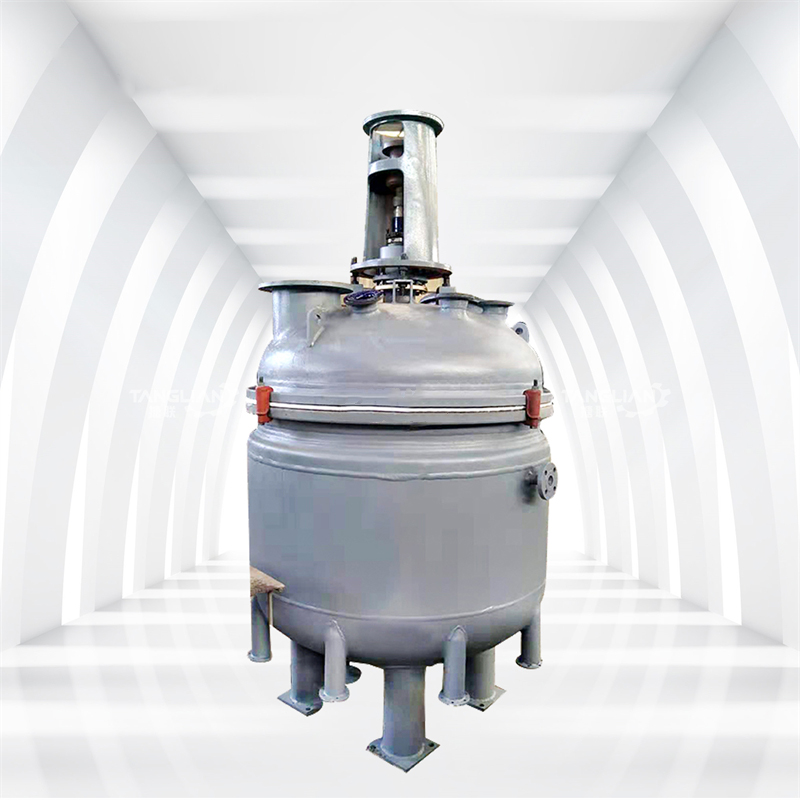
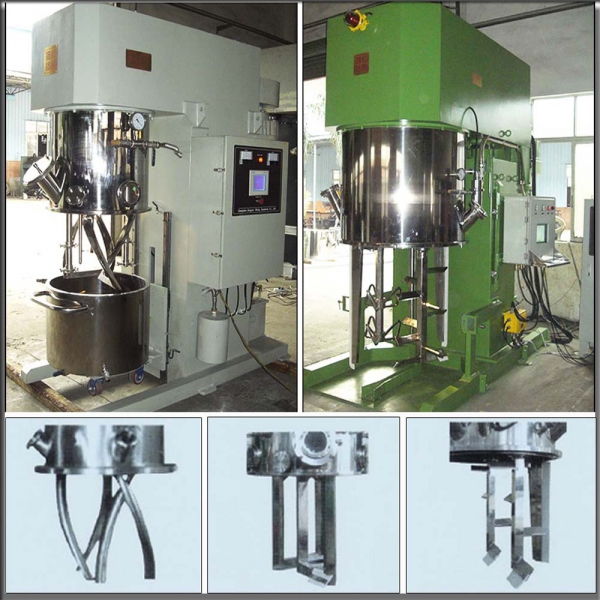


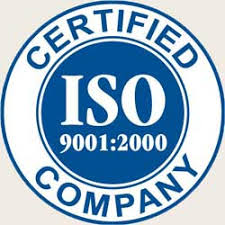


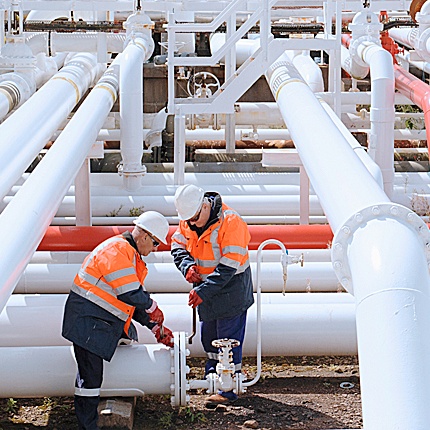
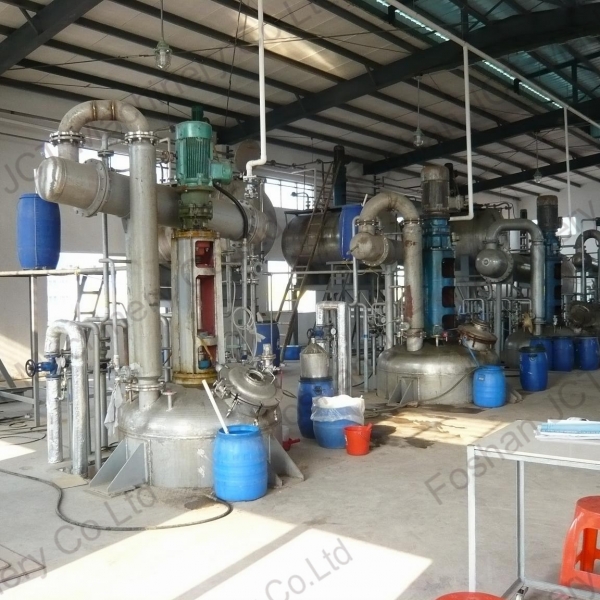
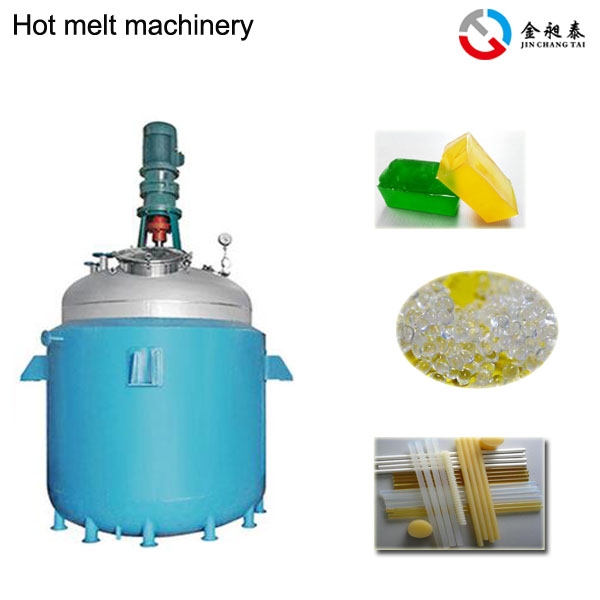
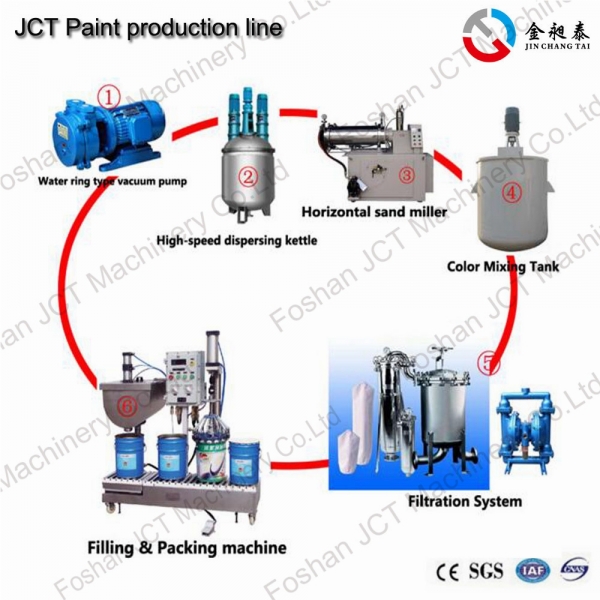
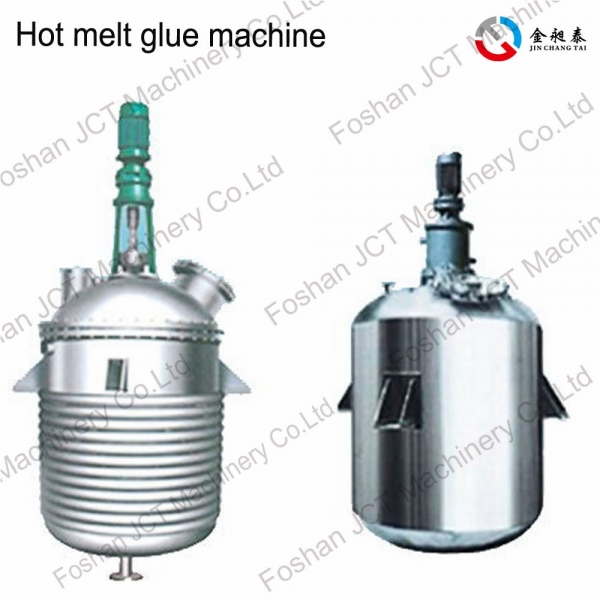
 CN
CN
 HOME
HOME Hot Melt Adhesive Uses | JCT Machinery
Hot Melt Adhesive Uses | JCT Machinery  You May Also Like
You May Also Like
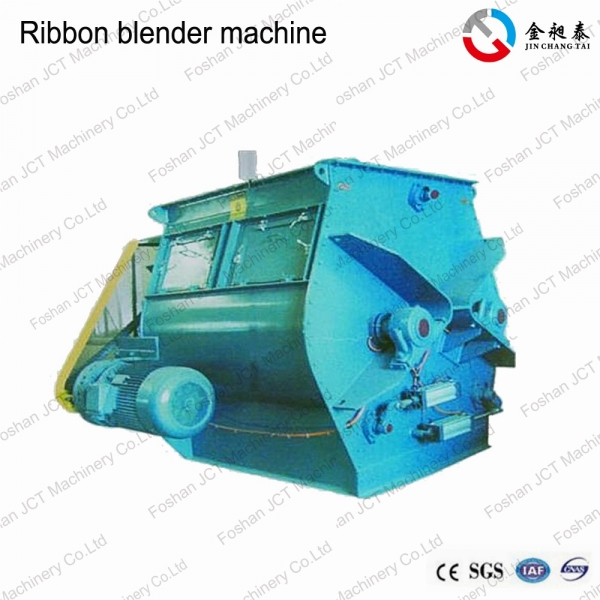

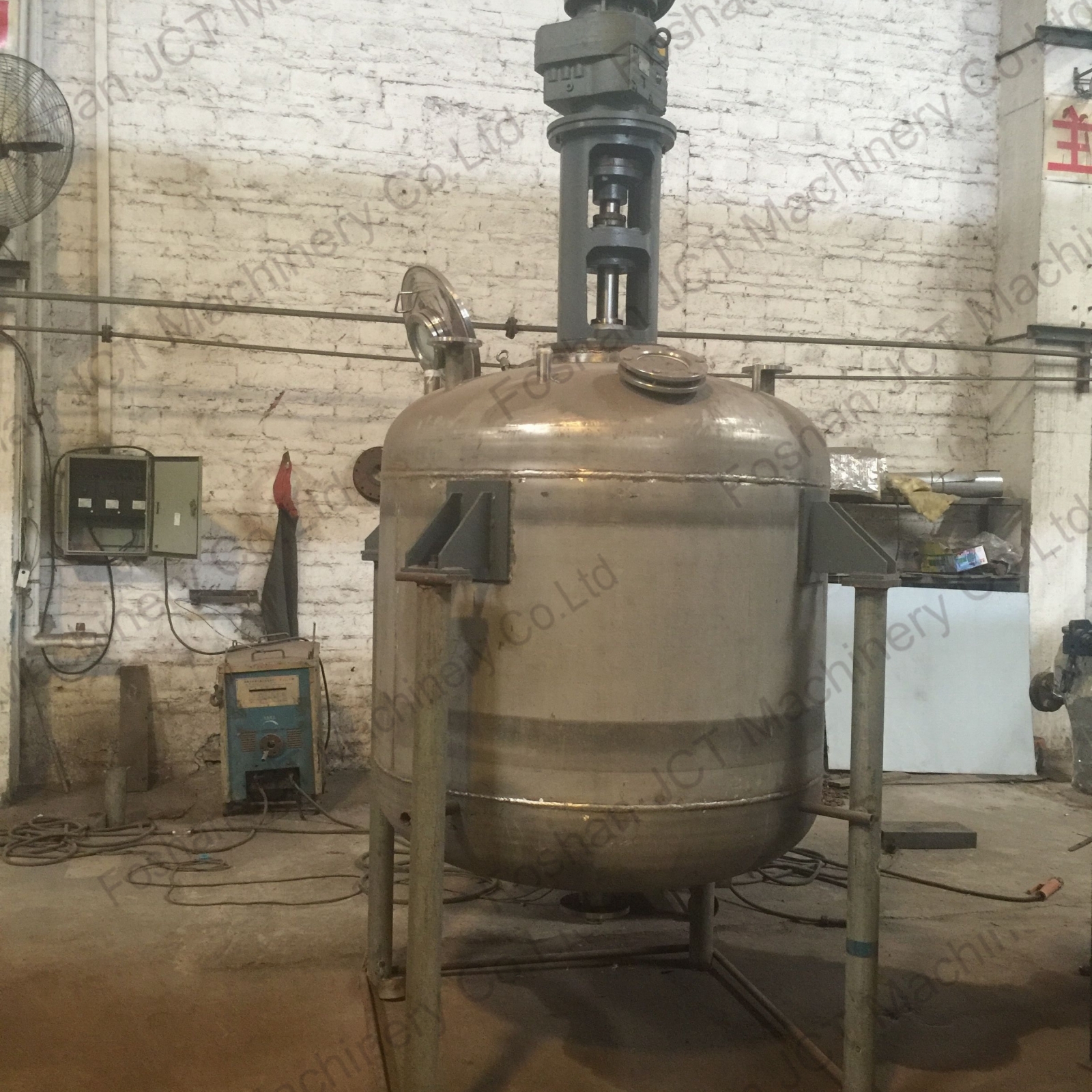
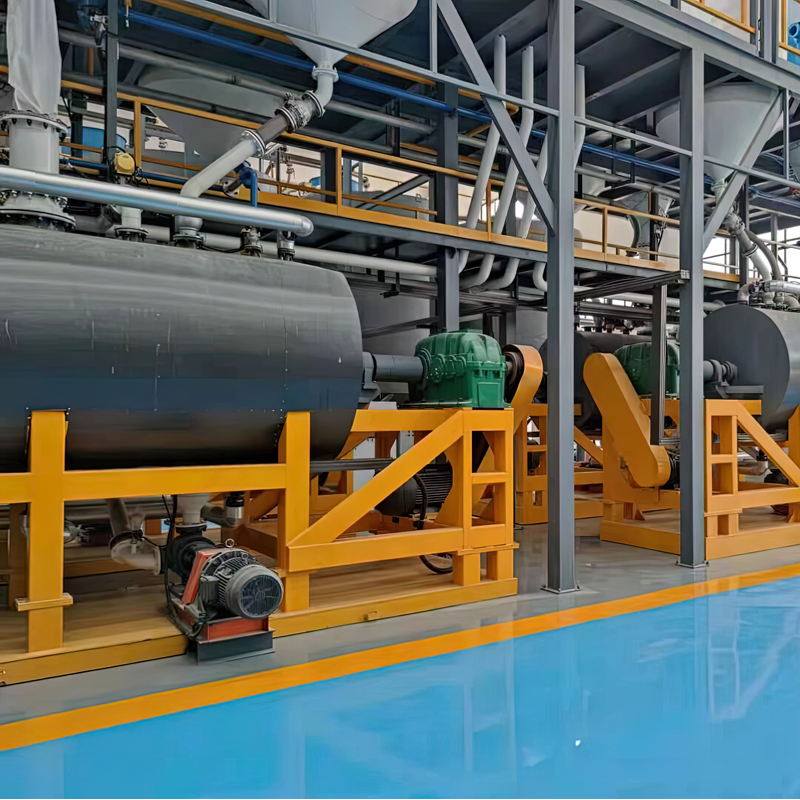
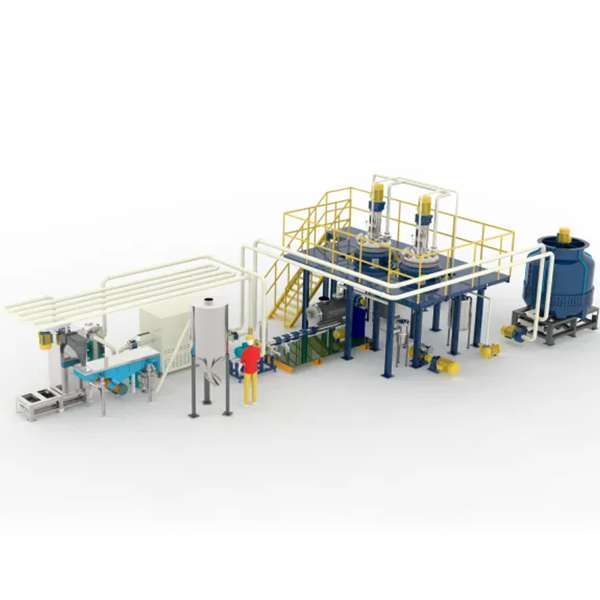

 Tel
Tel
 Email
Email
 Address
Address










